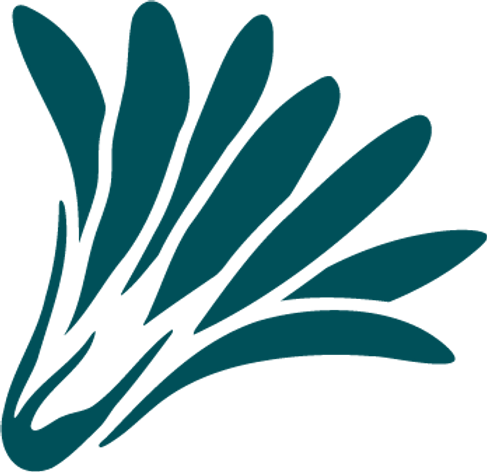Yoga Teacher | Herbalist | Community Educator
Herbal CSA
Wellspring Apothecary offers a Three Season Herbal CSA. CSA members receive a Summer, Fall, and Winter care package with a variety of herbal products that offer support for the specific season, and highlight the plants most abundant at that time.
As a member, you'll have the opportunity to tailor your package to your needs and interests by choosing from a menu of options each season. The CSA is offered on a sliding scale as a commitment to making herbal medicine affordable. The sliding scale cost is $200-260.00 (for all three seasons) or single season care packages for $85 per season. If the cost is still prohibitive, ask me about work-share options.
CSA shares can be paid for through Venmo (@Mimi-Budnick). Please be sure to put Herbal CSA in the note. If you are not a venmo user, let me know and we can make other arrangements for payment. A portion of the money I collect through the CSA will go to an Herbal Mutual Aid Collective (RI Herbal Allies) that provides support and remedies to organizations and community members in Providence and beyond.
*Please note, arrangements can be made for pick-up or delivery in the Greater Providence area. If your package needs to be mailed to you, a fee will be added to your order.

Consults
For an in depth conversation about your health and wellness goals please email to schedule a consultation. Initial consultations are offered on a sliding scale from $50-100.
Remedies
Wellspring Apothecary is not a shop that is open to the public, but I do sell some products on a sliding scale. To place an order, email wellspringapothecary@gmail.com.
*Orders placed outside of RI and South Eastern Ma will have shipping costs added.
Below are some of my most popular blends:

Alcohol Based Tinctures: 1oz $12, 2oz $20
Sound Sleep
Supports deep restful sleep and can help with nighttime wakefulness and insomnia
Calm and Resilient
A nerve tonic to help fortify you and bring you a calm sense of clarity during challenging times.
Stress Less
It doesn’t surprise me that this is my best selling blend. This blend offers support at times when you feel stressed, overwhelmed, or anxious.
Elderberry, Ginger Elixir
A boost to the immune system.
Alcohol Free Offerings: 1oz $12, 2oz $20
Mend Your Heart
Asimple combo of beach rose (Rosa rugosa) and honey that can serve as an herbal hug when your heart is feeling heavy with grief and sadness. (Available as an alcohol free glycerite as well)
Tummy Tamer
This alcohol free blend, made with vegetable glycerin, can soothe an upset stomach, ease bloating, and calm an anxious stomach.
Fire Cider
This vinegar-based remedy is my version of the heralded immune and digestive booster. (4oz $12, 8oz $20)
Sore No More Salve
A topical balm for sore muscles and joints as well as relief from nerve pain. (1oz $10)
I have many other herbs in my home apothecary, so if you're interested in a blend that you don't see here, please email me and we can schedule a follow up call to talk about the herbs you need.
My Story
I learned to garden on vacant lots on the Lower East Side in NYC in the early 90’s. Starting with a small plot in a community garden, I was able to soak in the knowledge of the other gardeners, many of whom were refugees and immigrants and had relied on herbs for healing in their country of origin and were continuing the tradition on their tiny piece of land in their new home country. One of them gifted me a sage plant and a horehound plant and thus began my journey of studying and learning what plants have to offer for health and wellness.
Simultaneous to this introduction to gardening and herbs, I was going through a process of awakening to a deeper understanding of systems of oppression and getting involved in social justice movements. This was a pivotal time in my life and has shaped the trajectory of all that I have done since then.
Over the years I have been active in struggles around prison abolition, LGBTQ rights, and harm reduction. Starting in the early 90's with direct action organizations like ACT-UP, WAC, and WHAM and in more recent years working in membership based community organizations in Philly and Providence. Much of this work centered in one way or another around a fight for “access.”
While these groups and organizations were fighting for and demanding recognition and access from city, state, and federal agencies, a struggle that is undeniably necessary, vital, and continues to this day, I became increasingly interested in ways that we could build parallel and alternative systems to take care of ourselves and provide for our communities. I was interested in exploring ways in which we could tap into the strengths, knowledge, resources, and skills of our communities to provide stability, wellness, and healing in the here and now.
Herbal medicine became one way of doing that for me.
Over the years herbal medicine has been a way for me to engage with the wisdom of elders and immigrants in my community, a catalyst for connection and relationship building, a way that I can materially provide support to people, and a vehicle for helping people take control of their healing and build autonomy.